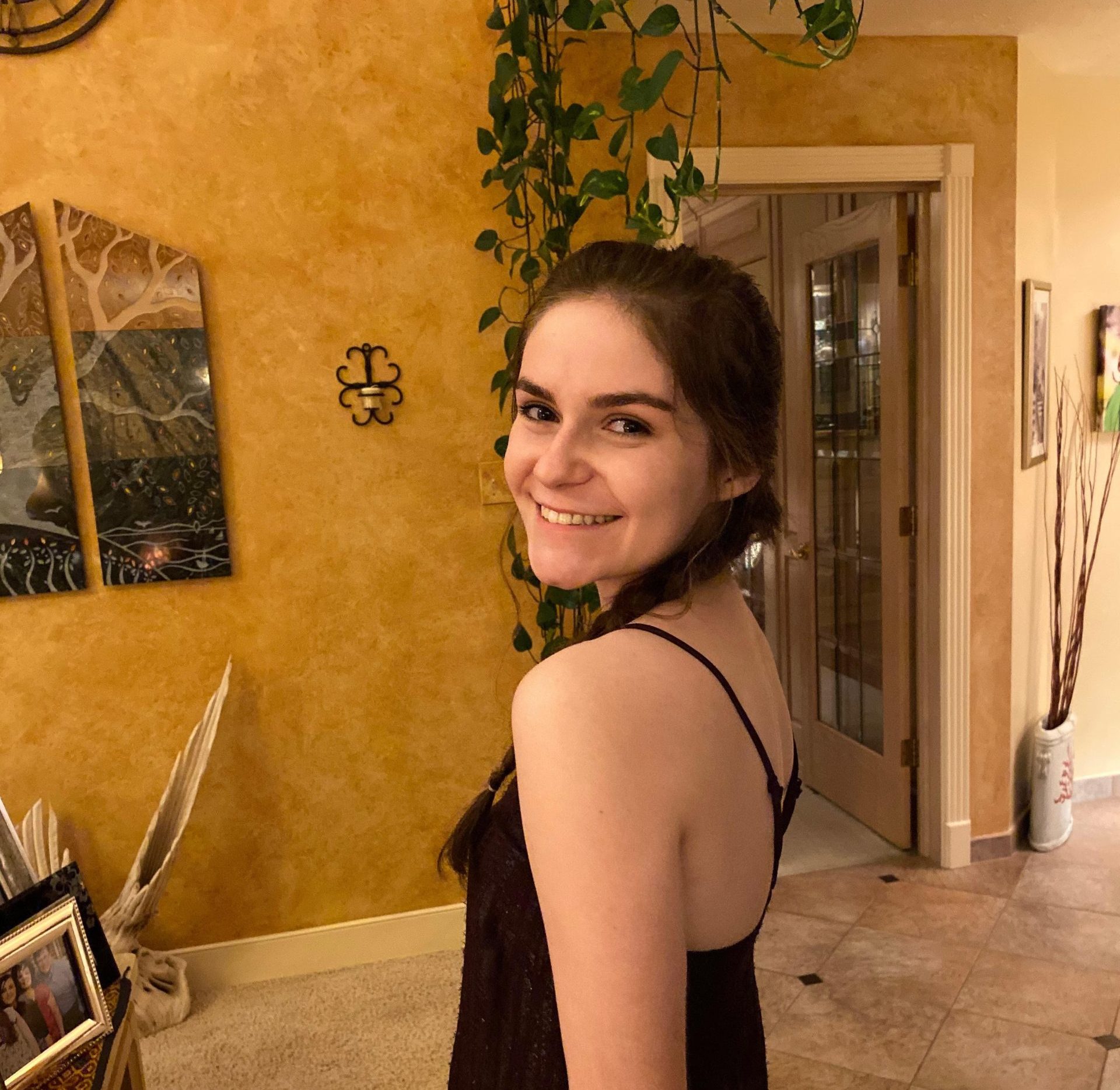Tis the season, but I am not jolly. Instead, I lock myself in my childhood bedroom and lie crying on the floor. I have just ruined Christmas morning for my entire family. Grandma bawls endlessly. My sisters scream at each other. Dad’s blood boils, and Mom is stunned silent. I hide in my cave in the wake of the truth. I am mentally ill. But now, my parents know.
One second, we were passing out presents. The next, my older sister informed me that if I didn’t want to be there, I should just leave. I don’t think anyone actually expected me to listen. Hence, an uproar ensued as I walked my way upstairs to solitude. The whole incident seems trivial now. But at the time, every day leading up to it was a battle to just keep it together. Hiding the matter of my mental health seemed like the best approach.
That was exactly what I intended to do. As my mid-November ADHD diagnosis translated into weekly visits with a medication manager, my parents’ suspicions peaked. I’d fabricate stories of failing to find the appropriate drug, which explained the seemingly endless sessions. My excuses evaded the whole truth, though. While I was attempting to become properly medicated, ADHD wasn’t the only culprit. Anxiety and multiple mood disorders made my previous diagnosis of ADHD less palatable. No one in my family had ever been formally diagnosed with disorders like these. I was terrified to become “the crazy one.”
In a hopeless attempt to be normal, I decided to keep my emotional baggage a secret the moment I received my other diagnoses. As much as I wished for someone to understand, I believed my bevy of disorders would lead to harsh disapproval if revealed to my parents. Like many people, my parents had preconceived notions of what it meant to be suffering with mental illness.
In that December to remember, where all was exposed, I spent an entire 24 hours in my room and in my head. I went even longer without saying a word to my parents following the incident. Eventually, we reached a stand-off. Who would be the first to explain themself? I was sick of my four purple walls and all out of tears.
More than one in five U.S. adults live with a mental illness. I clearly wasn’t alone, but the stigma surrounding mental health issues in my household felt discouraging. The facts are disheartening. In a survey conducted by the American Psychological Association, the majority of adults felt mental illness does not carry the same weight as physical illness. Of the same group, 39% admitted they would view someone differently if they had a mental health disorder. Even worse, a third of those surveyed shared that people with mental health disorders scare them. To my surprise, these results were deemed progress.
Would my parents fall into these groups? It would hurt to find out my struggles weren’t as serious to them as physical illnesses. I didn’t want them to see me differently than before, and I definitely didn’t want them to be afraid of me. When my mom called me into her room, I knew there was no more avoiding the situation. My questions would soon have answers
As Glenn Close once said, “What mental health needs is more sunlight, more candor, and more unashamed conversation.” Perhaps being open and vulnerable with my parents was the key to changing their perceptions.
Talking about mental health is uncomfortable and scary and weird. But it is absolutely essential to healing. Even the most intimidating opponents may turn out to be unexpected allies. While medical treatment is just as crucial, finding a support network beyond the confines of your doctor’s office makes the difference between harboring shame and openly taking pride in every part of yourself. Had I never spoken about my diagnoses with my parents, I’d never discover how critical their encouragement was to my improvement.
Regardless of what is discussed, it’s important to maintain a safe, judgment-free space to listen without dismissing a loved one’s concerns. These conversations can lead to more productive actions that involve professional help and treatment. Frequent conversations may be preferable compared to waiting for a holiday explosion. After all, no one should be alone on Christmas, or any season for that matter.
I spent over an hour in my parents’ room explaining my pain that led up to the Christmas morning chaos, as well as the lifelong resentments that contributed to my struggles. Eventually, there was nothing left to push back on. I had exhausted my complaints. Even more shocking, they were listening and apologizing.
The acknowledgment was affirming, and there was no longer a need to stew. We did all we could do after such an emotionally-taxing affair – we ordered Thai food. As we shared pad thai and slurped green curry, I realized that, as terrifying and tumultuous as our initial Christmas reckoning was, the conversations that began were a huge relief.

















